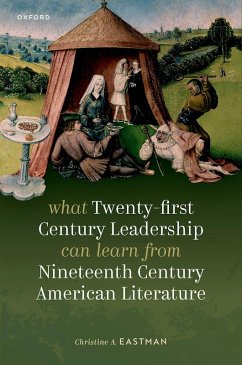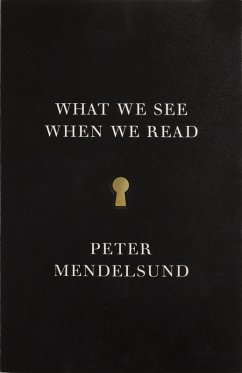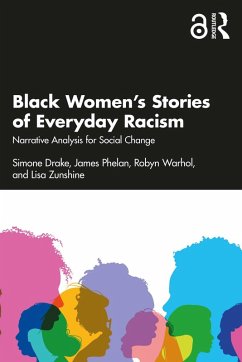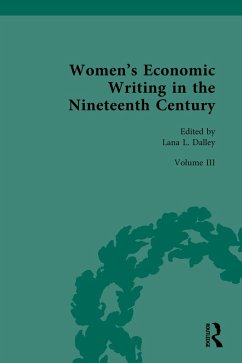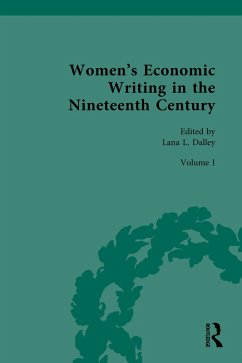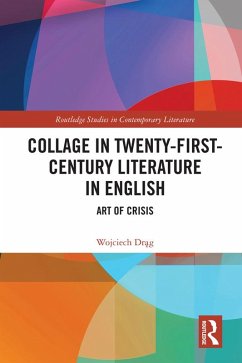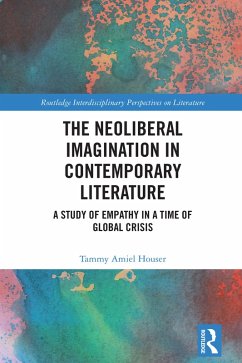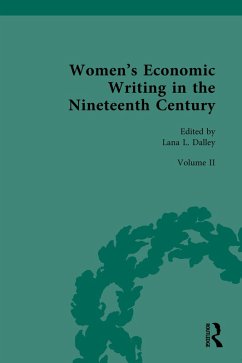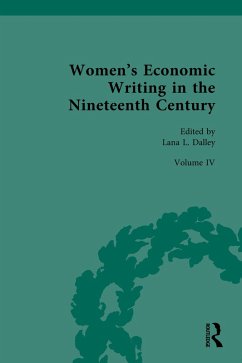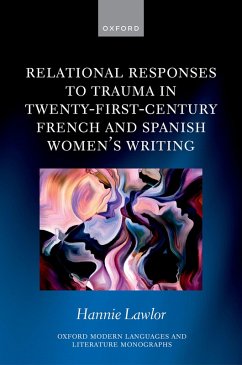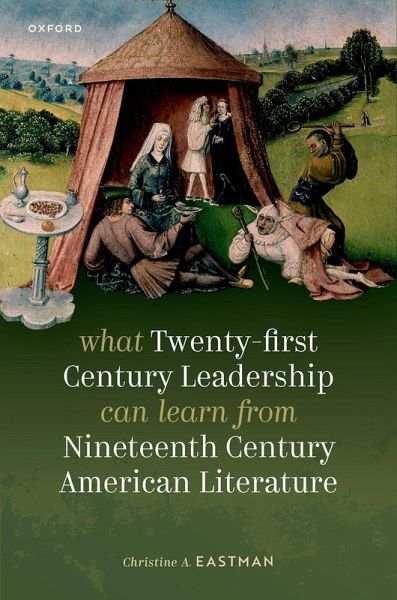
What Twenty-first Century Leadership Can Learn from Nineteenth Century American Literature (eBook, ePUB)

PAYBACK Punkte
13 °P sammeln!
What Twenty-First-Leadership Can Learn from Nineteenth-Century American Literature aims to narrow the gap between leadership theory and practice, offering an account of how leaders in organizations can improve their practice by drawing on the literary imagination. Eastman analyses how business students can use literary fiction to find solutions to workplace problems, how they can engage with fictional writers' ideas about work, morality, and the self, and how they can articulate their own ideas about fostering a deeper connection between leaders and their teams in the workplace. The book contr...
What Twenty-First-Leadership Can Learn from Nineteenth-Century American Literature aims to narrow the gap between leadership theory and practice, offering an account of how leaders in organizations can improve their practice by drawing on the literary imagination. Eastman analyses how business students can use literary fiction to find solutions to workplace problems, how they can engage with fictional writers' ideas about work, morality, and the self, and how they can articulate their own ideas about fostering a deeper connection between leaders and their teams in the workplace. The book contributes to leadership studies by setting out the case for using literary fictional texts to explore leadership scenarios. It has several purposes. The first is to provide educators with ideas on how to use fiction with students following a business curriculum. The second is to encourage industry to help their employees to become better able to analyse and synthesize complex and possibly conflicting ideas as well as how to articulate these ideas with clarity. A third purpose is to demonstrate how university and industry can work together. The work presents an alternative orientation for leaders predicated on the conviction that reading fiction will support students in becoming better at thinking about working relationships and at understanding other people, and it provides the underpinnings of a unifying theoretical framework for learning through fiction in a professional context and aims to demonstrate that reading about how fictional characters respond to the challenges of life supports students to formulate their own innovative leadership thinking.
Dieser Download kann aus rechtlichen Gründen nur mit Rechnungsadresse in A, B, BG, CY, CZ, D, DK, EW, E, FIN, F, GR, HR, H, IRL, I, LT, L, LR, M, NL, PL, P, R, S, SLO, SK ausgeliefert werden.




